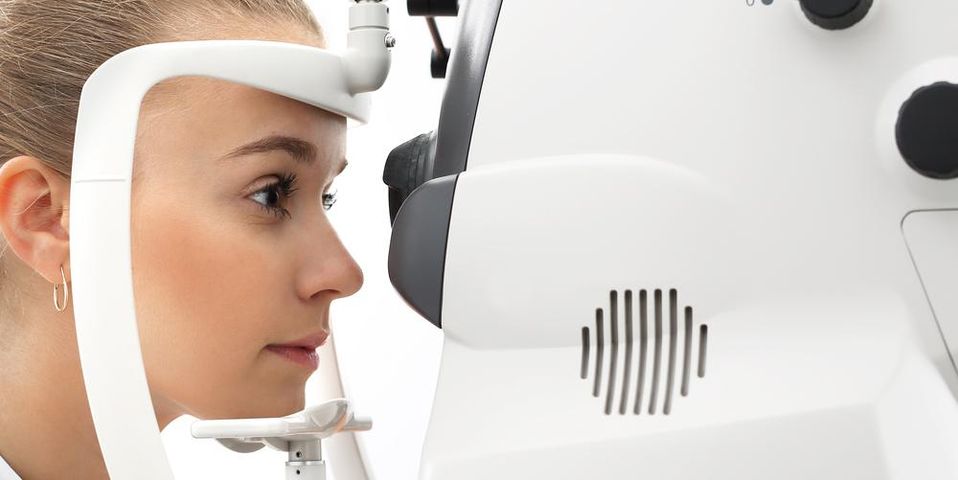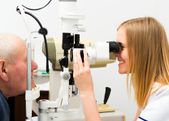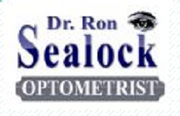
Glaucoma is a serious, incurable medical condition, affecting the eyesight of millions of Americans, many of whom are not even aware they have it. Over time, this grave optical disease results in irreversible vision loss and even permanent blindness, but early detection can help maintain your eyesight. Unfortunately, glaucoma typically has no symptoms in its early stages, which makes regular screenings important, especially if you have a high risk for developing the disease.
Most types of glaucoma are caused by an increase of pressure inside of the eye, which eventually damages the optic nerve itself. Initially, the person may notice a loss of peripheral vision, which creates the impression of looking at the world through a tunnel. In some cases, they may experience sudden eye pain, rainbow halos around lights, or blurry vision. However, for most people, the changes are gradual enough to be nearly imperceptible.
Almost anyone is at risk for developing this life-changing condition, but some factors increase your vulnerability to glaucoma, including:
- Nearsightedness
- Diabetes
- Previous Eye Injuries
- High Blood Pressure
- Use of Corticosteroids
Anyone over the age of 60 should have their eyes screened by a trained professional at least every two years, but African Americans and anyone with a family history of glaucoma should begin screenings at age 40. If your ophthalmologist finds signs of glaucoma, they may be able to develop a treatment strategy to keep it from progressing any further, potentially preventing major vision loss in the first place.
As a full-service optometry center, Dr. Ron Sealock in Dothan, AL, offers everything from thorough screenings to treatment and eyewear sales. They pride themselves on providing every client with the caring, compassionate attention they deserve. Visit the website to learn more about the importance of regular glaucoma screenings, or call (334) 793-9607 to make your appointment today.
About the Business
Have a question? Ask the experts!
Send your question

